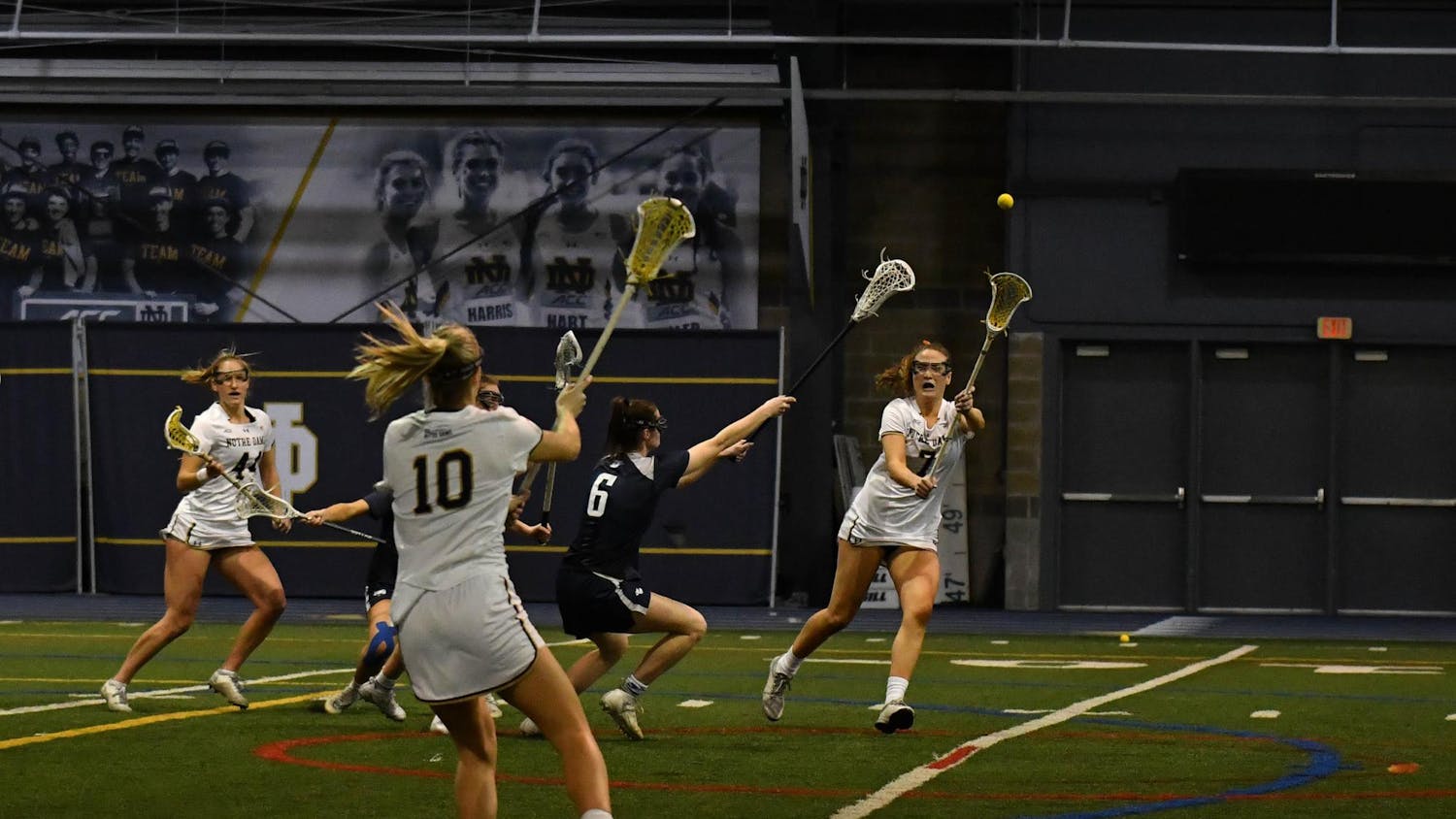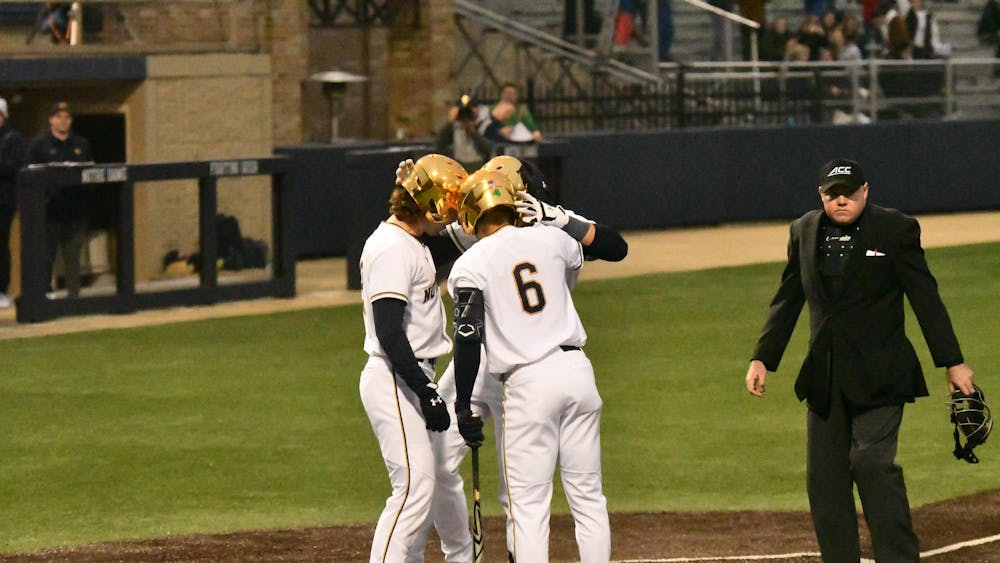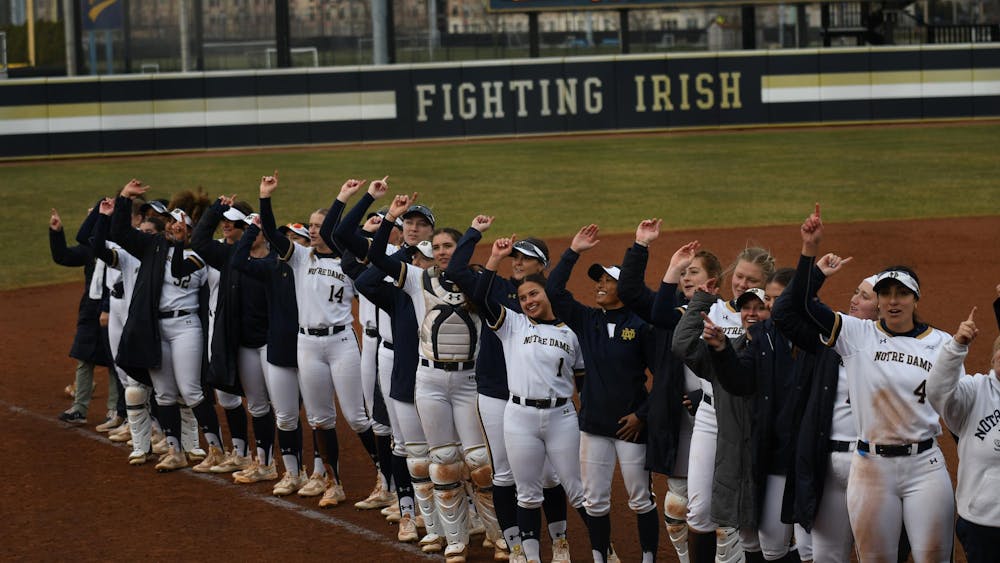Of course, just when you think a man can no longer surprise you, he does.
Growing up the son of two Wisconsin alums, Badger athletics have always held a special place in my heart. That was why former San Francisco 49ers linebacker Chris Borland’s early success never surprised me and why his decision to walk away from the game shouldn't have either.
Finishing with 107 tackles, one sack and two interceptions while filling in for the injured Patrick Willis, Borland garnered a vote for Defensive Rookie of the Year at season's end despite only playing 12 games, 10 of them as a starter.
I loved Borland going back to his college days in Madison, Wisconsin, where he earned first team All-American honors despite only standing 5-foot-11. The guy’s instincts were incredible, and it seemed like every defensive play he ended up around the tackle, whether it was 30 yards downfield or 10 yards behind the line of scrimmage. Undersized, especially for a Big Ten linebacker, Borland relied on technique, hard work and those superior instincts to excel in college football and the NFL as well.
My favorite highlights of Borland include him flipping over a pile to make a tackle in high school and stuffing the much larger Ohio State running back Carlos Hyde twice with perfect form tackles. The two videos epitomize Borland and his game, and I always believed he was one of the most underrated defensive players in the country.
They also represent why Borland, at 24 years old, decided to retire from professional football.
In an interview with Outside the Lines, Borland summed up the reasoning behind his decision.
“I just want to live a long, healthy life, and I don't want to have any neurological diseases or die younger than I would otherwise,” he said.
As Borland revealed in his interview, this wasn’t a rushed decision: he hand-delivered a letter to his parents after one game early in the season telling them his career would be short-lived. He consulted numerous experts and studied the cases of Mike Webster, Dave Duerson and Ray Easterling, all former football players who were diagnosed with chronic traumatic encephalopathy (CTE). Two of them, Duerson and Easterling, committed suicide by shooting themselves in the chest so their brains would be preserved for scientific research. Webster, a former Badger offensive lineman, must have occupied a special place in Borland’s mind.
Still, Borland was not even in his prime yet. He had the potential to become one of the top linebackers in the league and make millions of dollars. Yet he realized it wasn’t worth it at the expense of his health, and so he walked away.
“I feel largely the same, as sharp as I've ever been,” Borland said. “For me, it's wanting to be proactive. I'm concerned that if you wait until you have symptoms, it's too late.”
Instantly, all the respect I had for this man increased exponentially. Borland, with years of playing and millions of dollars left on the table, made one of the hardest decisions anyone ever has to: giving up on a childhood dream.
Borland lived that dream for a while. He earned a scholarship to Wisconsin, was able to get a degree because of football, earned roughly $1 million and was fortunate enough to play the game he loved.
People forget by the time a player steps on to an NFL field, he has already been tearing up his body for upwards of 10 years. Borland was no different.
I don’t think I could have made that decision, even if I knew in my head it was the right one for me. It took guts, courage, research and support for Borland to make his choice.
His decision is already being hailed as a possible watershed moment in football history, one that may signal the beginning of the end. I doubt this is true, though it may leave a significant crack in the dam.
What Borland’s choice does provide is an example of how to make a huge life decision, especially when not conforming to a common narrative. The overwhelmingly positive response to his actions reflects the respect everyone — from current and former NFL players to average fans — has for his decision, even if they do not always agree.
That should be the legacy attached to the name of Chris Borland: hard worker, freak athlete, role model and extremely courageous man.













